
Dr. Bodie Ashton joins the ReConFort team at the University of Passau in November 2016, in the role of professional academic editor and researcher. Dr. Ashton studied History at the University of Adelaide in South Australia, achieving his Bachelor of Arts in 2007, First-Class Honours in 2008, and his Ph.D. in 2014, with a dissertation entitled “The Kingdom of Württemberg and the Making of Germany, 1815-1871.”
A historian of nineteenth-century Germany by training, Dr. Ashton is convinced that the standard narratives of the era ignore the complexities of proto-democratic and liberal movements throughout the region. His work has so far highlighted the intricacies of constitutionalism and constitutional identification among the southern German populations, and particularly that of the Kingdom of Württemberg. He sees European developments towards a shared (if not common) constitutional heritage as extraordinary not only from a legalistic or political perspective, but also from an emotional one, engendering in their subjects a ‘constitutional patriotism’ where, in an era of geopolitical upheaval, a ‘territorial patriotism’ may have been lacking.
Though Dr. Ashton’s main role within the project is to provide editorial support for Prof. Dr. Müßig, he hopes to add a further, socio-cultural aspect to what he sees as an ambitious and vital area of historical inquiry.
Dr. Marcin Byczyk studied Law at the Universities of Posen and Passau. After the First State Legal Examination he conducted his doctoral work at the Adam Mickiewicz University in Posen, writing a dissertation on criminal law, which was defended in the autumn 2015 and will be published as book in November 2016. Additionally, in the year 2016 he passed Second State Legal Examination in Posen and became a member of the polish bar.
His main research interests lie in the field of criminal law, constitutional foundations of system of criminal justice as well as influences of the constitutional law on the criminal law in the historical perspective. He is deeply convinced that historical approach is necessary to unravel the contemporary dogmatic legal questions and that a concerted intellectual effort of the legal scholars, historians and philosophers is indispensable for enhancing the process of further Europeanization.
Within the framework of the ERC Advanced Grant, Dr. Marcin Byczyk will research the Polish Constitution of 1815 and the debate surrounding it in the society of the Kingdom of Poland (1815-1830). This constitution is widely considered to be an extraordinary one across Congress Europe, notable for its broad suffrage and outstanding liberalism, which however was significantly limited by the ever more authoritarian pratice of the Russian Emperors.
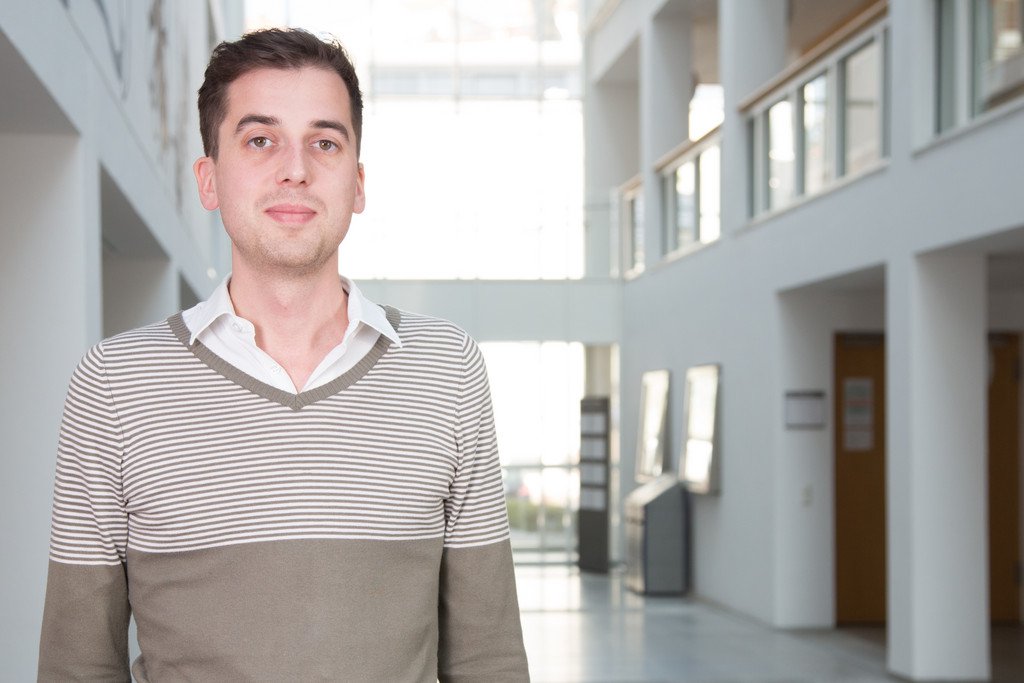
The international ReConFort-team is supported by the Belgian historian Dr. Brecht Deseure, who is also a research assistant at the faculty of law at the free University of Brussels. He argues that history is not objective, but something that changes with the needs of a society. What is considered as memorable – and what would they like to forget? He wrote his dissertation at the University of Antwerp about the political use of history during the occupation of Belgium by the French administration. The historian also sees room for interpretation and some flexibility in law and legal systems, even when its codifications seem static and claim to be transhistorically valid. Dr. Brecht Deseure considers this contradiction especially intriguing.
Despite cultural differences between the members of the research team, he recognizes many similarities with his colleagues and fellow European citizens. Although the histories of European states differ, the historian identifies a vast shared cultural and political heritage. The constitutional history in Europe illustrates this.
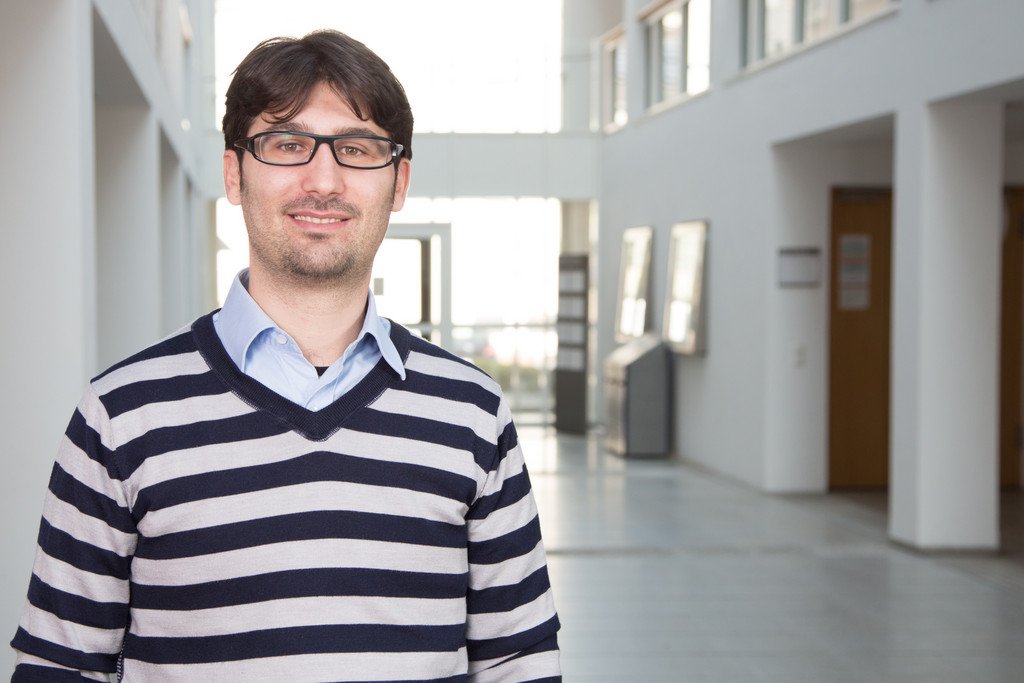
The moral and deontological rules of the judiciary, the dogmatic debate in cilvil law in the 19th and 20th century, constitutional law and comparative law, the history of tax law and history of the university – these are the topics which make the heart of Dr. Giuseppe Mecca (30) beat faster.
In 2011, he completed his dissertation with the titel “Iudex dicitur iustitia animata – The habitus of the judge in the modern age” at the University of Macerata and went on to work there as an assistant professor of legal history.
He is already well acquainted with Germany as a research location, because he worked several times at the Max Planck Institute for European Legal History as a visiting lecturer.
In the context of the ReConFort-project, he would like to learn more about the interconnectedness of constitutional events in 18th and 19th century Europe. He considers the interdisciplinary work of the legal scholars enriching, because he believes that “if you want to gain something for the future, it is necessary that jurists, historians and sociologists work together”.
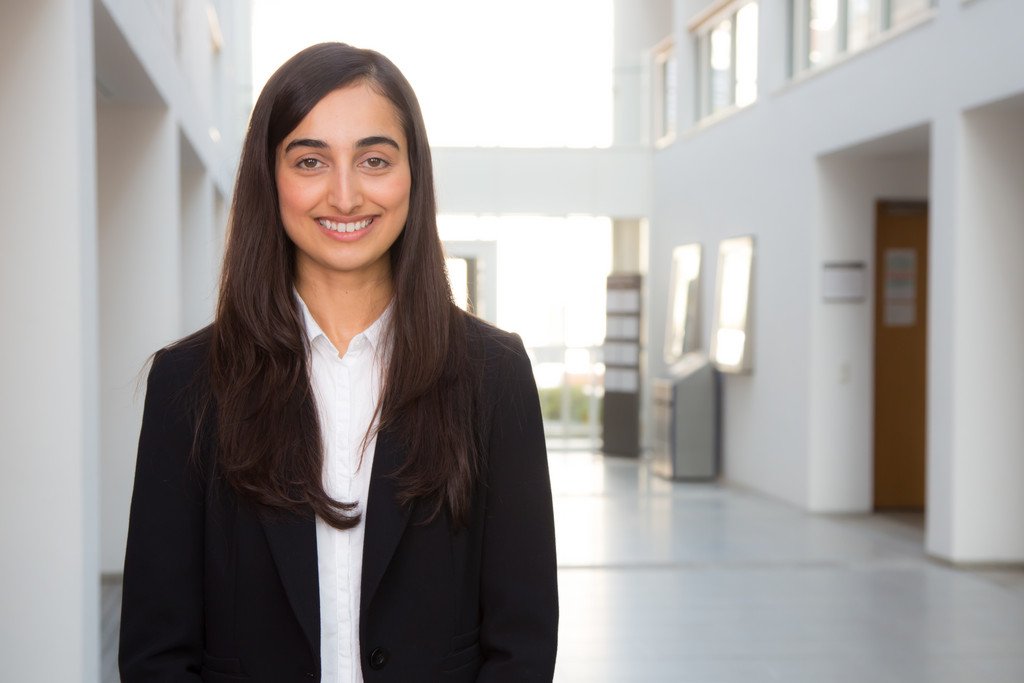
Dr. Shavana Haythornthwaite joins the ReConFort team as Postdoctoral Researcher on ‘Reconsidering Constitutional Formation’ from the British perspective. She completed her PhD at Tilburg University in the Netherlands and was also a Visiting Fellow at Cambridge University in the UK. Dr. Musa’s main interests lie within international law, comparative law and legal history. She firmly believes in using an interdisciplinary approach in order to contextually assess crucial issues within all of these fields.
As part of the project, Dr. Haythornthwaite will investigate the impact of British constitutional history on the targeted constitutional movements. Her research will provide insight into the British discourse surrounding the Spanish Cortes; the Polish Partitions; the Italian Subalpine Parliament and the Belgian National Congress. In highlighting these cross-border interrelations, the research will benefit the current discussion surrounding a possible written UK constitution, as well as the UK’s future as an integrated member of the European Union.

Prof. Dr. Anna Tarnowska’s main research interests lie in the field of historical influences of German law on the Polish legal system. Beforehand she worked as a research assistant at the chair for “German legal history in Poland” at the Nicolaus Copernicus University in Toruń (Poland).
In her dissertation, she examined the “Prussian legal regulation in the history of local administration in the Second Republic of Poland (1918 – 1939)”. In addition to numerous research stays abroad, she took part in international scientific cooperation. Most recently, she was a member of the research group “Legal cultures in Eastern Europe” at the “Max-Planck-Institute for European Legal History” in Frankfurt (Main), which deals amongst others with the administrative jurisdiction in Poland.
Within the framework of the ERC Advanced Grant, Prof. Dr. Anna Tarnowska will research the Polish Constitution of May 3, 1791 of the Polish Four-Year Sejm (1788-1792). This was an unprecedented step in the history of Polish parliamentarianism and led to unexpectedly successful legislation. She looks forward to working with her international colleagues.

From Spain, Prof. Dr. Antonio Sánchez Aranda from the University of Granada joins the group of post-docs and will be devoted to the Spanish Cortes (1810 – 1812). As legal historian, he has specialised in the history of the procedural law, the history of administration of justice, the history of private and constitutional law, as well as the history of comparative law and the history of legal ideas. His doctorate dealt with the rights of appeal of the second request in the Castilian law („El recurso de segunda suplicación en el Derecho Castellano”). In his contribution to the book “Vom Diener des Fürsten zum Diener des Rechts - Zur Stellung des Richters im 19. Jahrhundert“ he showed the procedural possibilities of legal protection according to the example of the Spanish consitution from 1812.
He is looking forward to the collaboration with Prof. Ulrike Müßig, because he appreciates the international visibility of legal historian research. He sees Passau as a very beautiful baroque town with a rich culture.
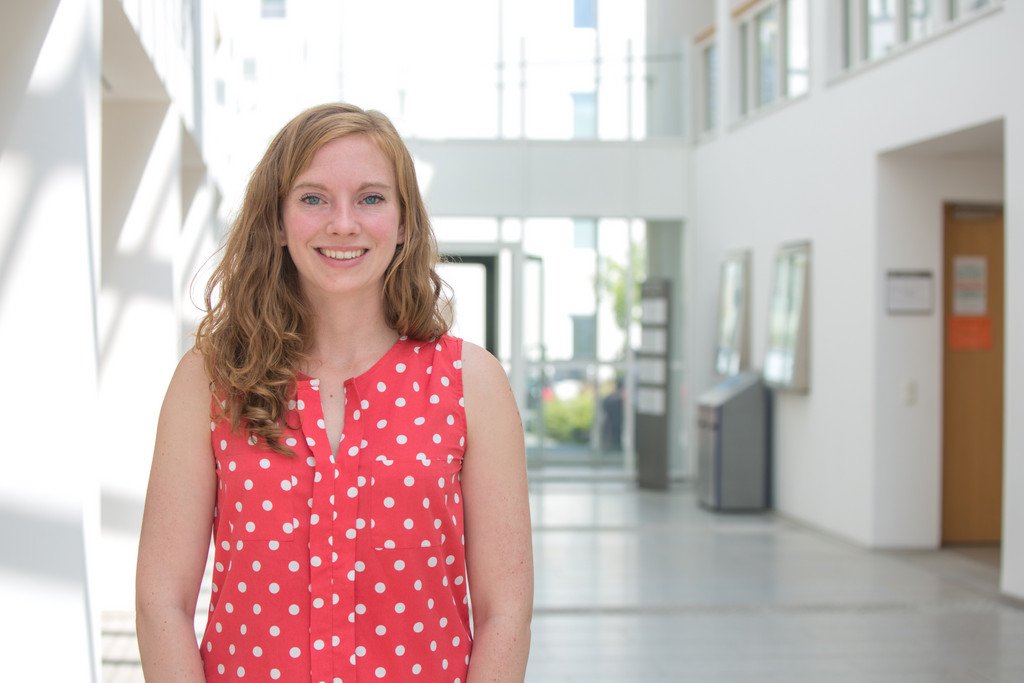
Franziska Meyer joined the ReConFort-team as a PhD-Student. For her doctoral thesis she concentrates on the Portugese constitutional developments, coincident with the Spanish Cadiz constitution. In her research for ReConFort she is responsible for the evaluation of the public media around the German "Paulskirchenverfassung" from 1848/1849.
Her main interests concern the comparative discourse analysis within the ReConFort project. She is curious to link historical constitutional processes in Europe and to make the interchange of ideas between contemporary constitutional protagonists visible. Franziska Meyer is fascinated by the wide-awake European public in the late 18th and 19th century that shaped discourses of authorities and "codified" political beliefs. Her commitment is aimed at the inspiration by the international research team and the exchange of ideas with her colleagues.
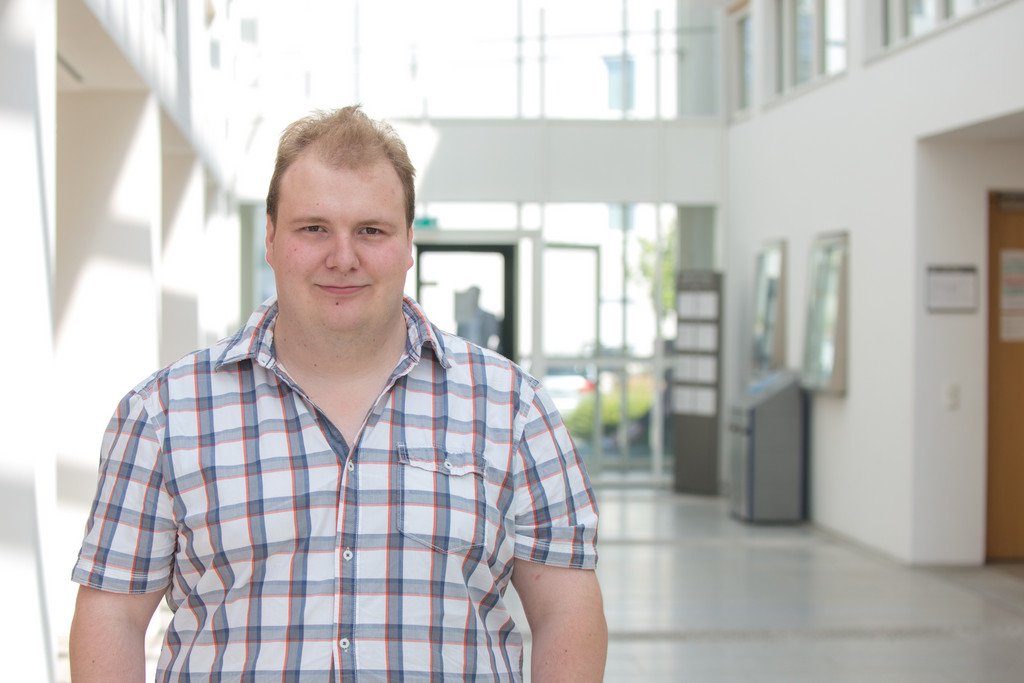
Armin Gerl joined the ReConFort-team as a PhD Student. In his doctoral thesis he concentrates on the ensuring of privacy of information and containing the usability for processing, evaluation or publication. The doctoral thesis will be conducted as a Cotutelle-Promotion between the University of Passau and INSA Lyon in France.
His main interests are web-engineering, databases, privacy, security and information-visualization. Besides the ReConFort project he is also working on the Project OASys (Online Antragsverwaltungssystem), which is a generalized token-based online submission system for funding applications. OASys is designated to aid bavarian University centers (like the BFHZ) in their work of funding international research cooperations. Armin Gerl will contribute to ReConFort by designing and implementing the 'ReConFort Open Database', which will be a publicly accessible web-application unifying the research-work of the research team in a consistent knowledge-base.
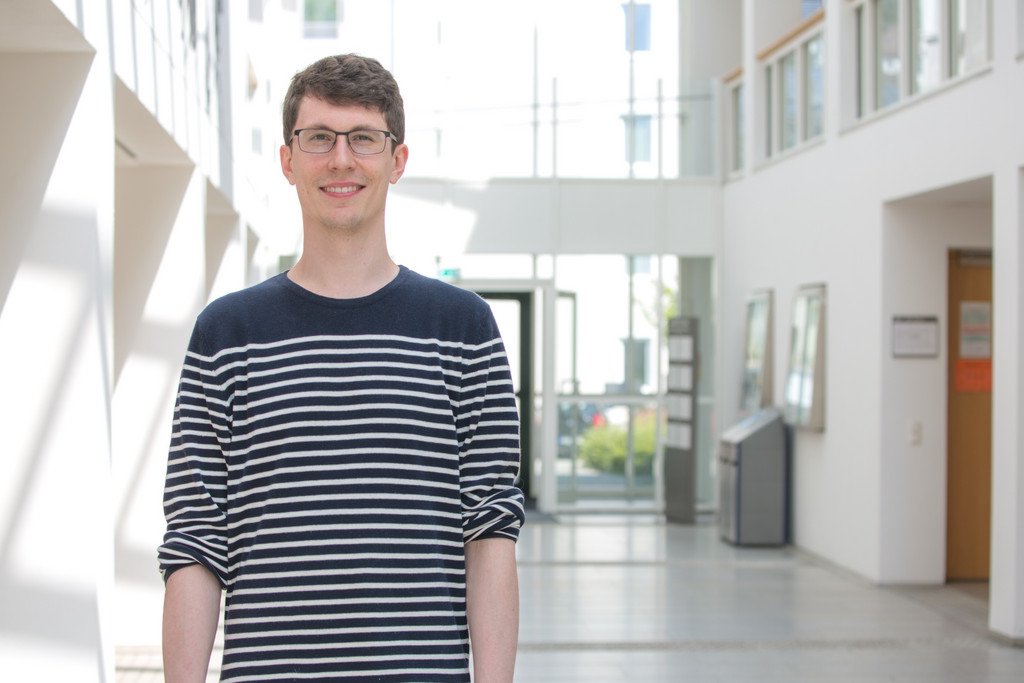
Joachim Kummer is part of the ReConFort Team as doctoral student since April 2015. Together with Franziska Meyer, he researches and evaluates the sources around the constitutional process in Germany during the Revolution of 1848–49. For him, the ReConFort project is the perfect opportunity to investigate the cross-border relations of the European constitutional movements during this period together with their diverse political and cultural aspects.
In his doctoral thesis he covers the so called Polish process from 1847 in Berlin, one of the largest criminal cases in the history of Prussia. There he examines the relation of high treason and constitution-making processes, as well as the Polish-German discourses on the peoples sovereignty, the right of revolution and their legal and political consequences.